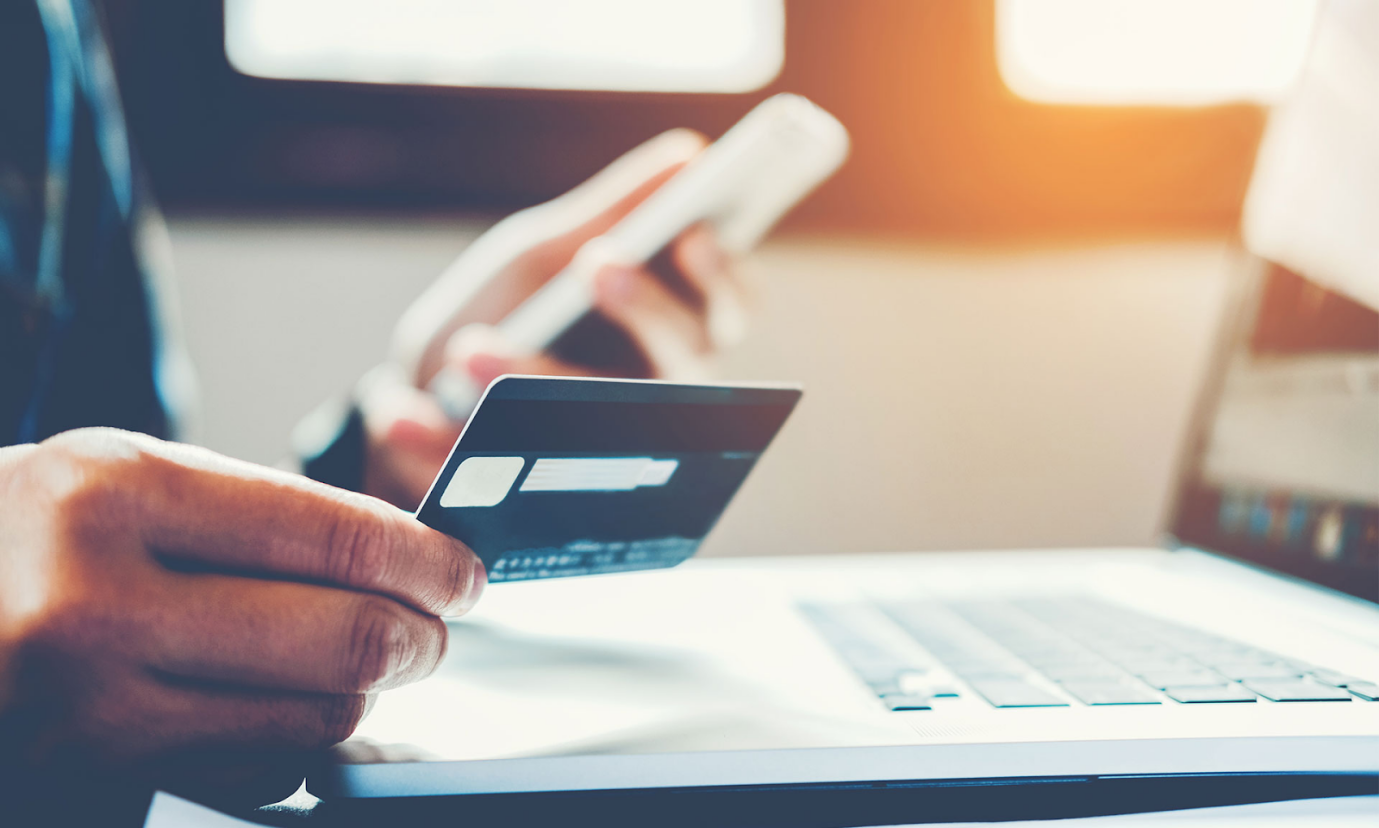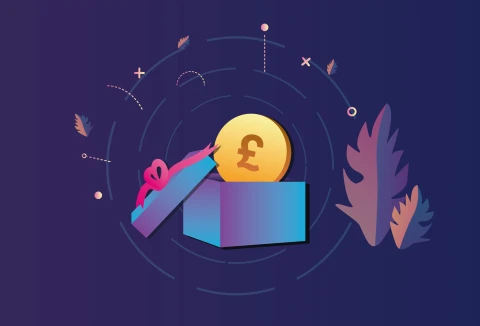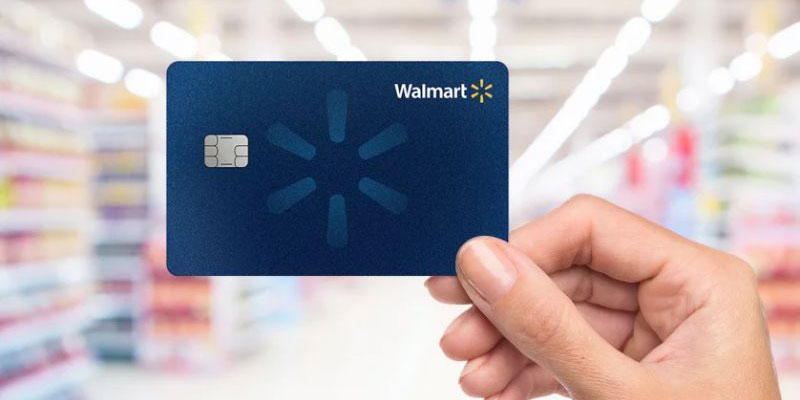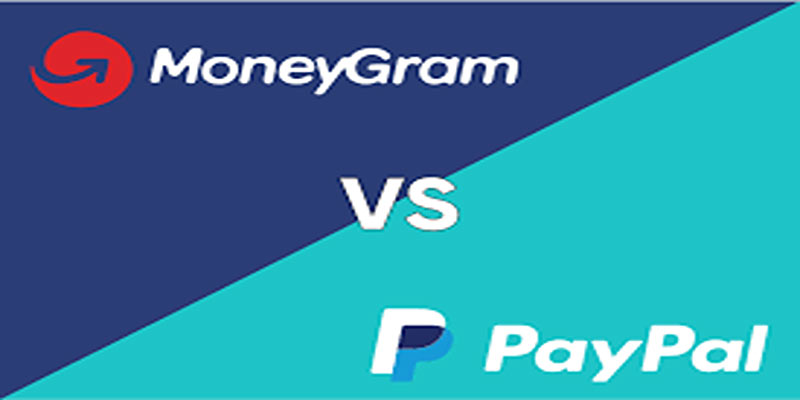Bank Promotions for Opening Accounts
May 26, 2025 By Kelly Walker
Large and small banks have battled to maintain revenue after the financial downtowns. Among the consequences of the Great Recession was the Federal Reserve's decision to deliberately keep low-interest rates, which has made it more difficult for depositors to earn rewards on deposit products and banks to attract new bank customers. In contrast, the fintech business emerged from the crisis and the mobile era, attracting clients for services that banks have previously provided.
According to the 2018 Global Retail Banking Report, just half of those respondents were satisfied with banking services at retail. This is due to banks' delayed transition from traditional concrete block sites to digital platforms. This doesn’t mean that banking firms do not desire new clients. The opposite is the case. Banks must stay competitive and create new tactics for attracting customers.
Banks maintain their competitiveness by providing new client signup rewards. Many banks might need you to open online accounts to be eligible for bonuses. To be qualified, you might be required to make an initial deposit or set up direct deposits into your new account. Read the offer specification and the terms and conditions to ensure your chosen account is good for you.
How to Sign up for a New Bank Account?

Following are the procedures to sign up for a new bank account:
Choose the Account Type You Desire
Initially, you must decide whether to open a checking, saving, or bank account. Select this new account's principal function. If you require funds to cover frequent costs, consider setting up a checking account and verifying that it does not charge excessive charges (or that you can waive them). If the cash is intended to be saved, ensure the account has a favorable interest rate. Before reviewing your options, think about how you want to put your new account to use.
First, you must choose whether you wish to create a joint or single bank account. You are the only one who can access and make changes to a single account. A joint account is one that you and another person, typically a member of your family or a significant other, share.
Prepare Your Paperwork and Data
This completes the requirements for you to create a bank account. This data will also be required for anyone who’s going to be a joint account holder:
- For non-citizens, a number from the Social Security Administration or another kind of identity.
- Valid government-issued photo identification, such as a driver's license, is needed.
- You will need either a debit card number or the network and account number for an existing bank account that you own in order to fund your new account with its initial deposit. These numbers can be found at the bottom of a check or on the online banking site for an existing account.
Put Your Data on the Request Form
Fill out the request form with your details, which are going to include the following most likely:
- Details from previously gathered materials include your Social Security number, ID, and debit card or bank account details.
- Name.
- The date of birth.
- Address.
- Details about how to get in touch with us.
Deposit into Your New Account
When you open an account, you must make a first deposit. The most popular method for achieving this is through moving money across accounts. You may also use a check or money order to deposit funds into your online bank account. Money can also be deposited at any of your bank's physical locations.
After you've submitted your transfer details, choose a deposit amount that is at least as much as the minimum or initial deposit. The money is usually processed within a few days; You are free to start using your new account now.
Rewards for Opening New Accounts

Bank competition remains intense, and cash-back offers promise to be simultaneously affordable for banks and essential for clients. In order to attract new customers, banks and credit unions began giving cash benefits for opening a checking account with them.
As an illustration of the type of rewards available, if an account holder deposits $100 into a new checking account and earns a $200 bonus in return, the account holder receives a 300% return on investment (ROI). This return is a fantastic idea, but as anything seems too tempting to be true, it deserves further investigation.
Bank Promotions for Opening Accounts
Banks and other financial organizations make money from a variety of sources. According to The Wall Street Journal, however, one such income stream is the income they collect from over 30 potential charges on checking accounts. These charges include, among other things, maintenance contracts, non-sufficient funds (NSF) charges, default fees, paper statement charges, and inactive account fees.
On the other hand, it can be a massive win for both banks and customers, as long as the customer knows the risks that might jeopardize their savings.
But before you open that account, remember to do your homework. Make certain that the account you open is the correct one for you. You must verify that you fulfill all of the minimum standards. Therefore, read all the information and the exact wording before agreeing.
Best Bank Account Switching Offers
If you've been using the same current account for a while, you might be losing out on Best bank account switching offers. Banks and building societies might provide cash incentives to new customers who are willing to move their accounts altogether. Switching offers come and go depending on the market situation, bank competition, and banks' desire to draw in fresh customers.
Remember that providers will do a credit analysis before enabling you to open a current account, so verify your score before applying.
Closing Words
Bank promotions are rewards for new clients to create a new checking or savings account. To receive the bonus, you must make eligible payments and maintain the account active for a specified period. New clients benefit banks.
On this page
How to Sign up for a New Bank Account? Choose the Account Type You Desire Prepare Your Paperwork and Data Put Your Data on the Request Form Deposit into Your New Account Rewards for Opening New Accounts Bank Promotions for Opening Accounts Best Bank Account Switching Offers Closing Words
Best Wells Fargo Credit Cards

Warren Buffett's Investment Strategy and Approaches

Definition, Term, and Transaction Date of Credit Card Posting

What is Student Loan Bankruptcy

Where In The United States Is Best To Purchase A Winter Home?

How Mortgage Points Work

Ways to Make Walmart Credit Card Payment

10 Most Prestigious Law Firms in the World

Best Used Car Sites for 2023

MoneyGram vs. PayPal vs. Xoom: Who Has the Lowest Fees?

The CVS Shareholders: Overview
